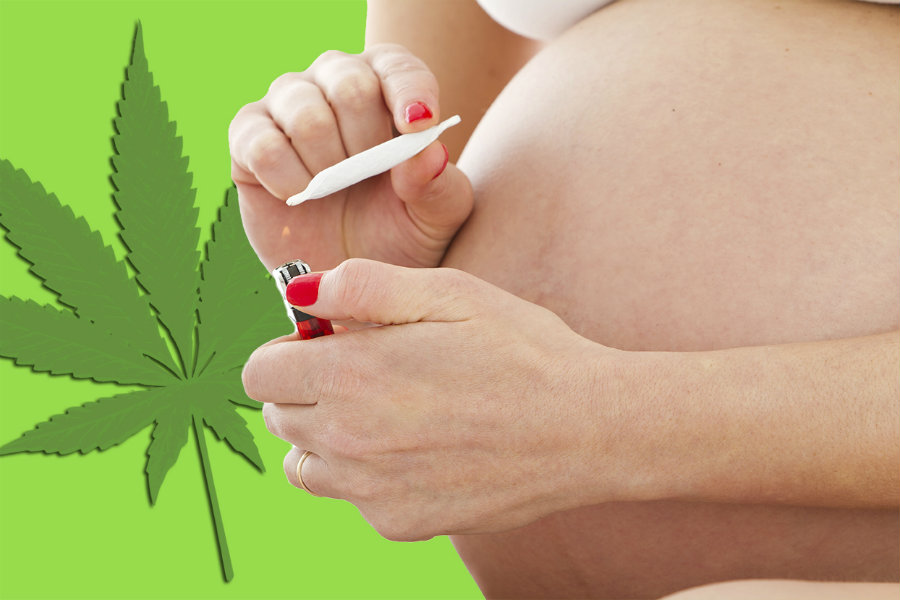
A growing number of pregnant women are using marijuana, and the habit is expanding fastest among teens and young adults, a U.S. study suggests.
A research letter published in scientific journal JAMA on Dec. 26 reported that 7.1 percent of pregnant women in California used marijuana while pregnant in 2016 — a 2.9 percentage point increase from 2012, CNN reports.
Teens and young adults reported a particularly high use of marijuana compared to women over 24. Cannabis use in pregnant teens under 18 increased from 12.5 percent to 21.8 percent, while use in women 18 to 24 increased from 9.8 percent to 19 percent.
A different study published in January confirmed the upward trend nationwide. Pregnant women who reported to have consumed marijuana in the past month jumped from 2.37 percent to 3.85 percent from 2002 to 2014. The study was conducted on women aged 18 to 44 across the U.S.
The spike in marijuana use can be attributed to easier access, reduced stigma and the supposed health benefits of the plant.
“Think about marijuana use from [the study participants’] perspective, especially in Northern California,” said Dr. Robyn Horsager-Boehrer, a professor of obstetrics and gynecology at the University of Texas, who was not involved in the study. “California legalized medical marijuana use in 1996, so they have grown up with the idea of it not only not being illegal but being a medical therapy.”
But data on the actual effects of using marijuana during pregnancy is still unclear. Dr. Yasmin Heard, a neuroscientist and director of addiction treatment at the Icahn School of Medicine at Mount Sinai in Manhattan, says prenatal marijuana exposure can impact fetal development.
“Even early in development, marijuana is changing critical circuits and neurotransmitting receptors,” she told The New York Times in February. “Those are important for regulation of emotions and reward, even motor function and cognition.”
The American Academy of Pediatrics and the American Congress of Obstetricians and Gynecologists discourage the use of marijuana during pregnancy due to its connections to other developmental issues. However, there is insufficient data on link between marijuana use and fetal development.
“Because of the possibility of concurrent use of marijuana and other substances of abuse, the evidence of its direct association with preterm labor, fetal growth restriction, preterm birth, low birthweight and stillbirth is still debatable, though these adverse effects lean more towards an increased likelihood of occurrence,” public health researcher Barbara Yankey told Reuters in an email.
Yankey added that the effects of marijuana use on a fetus depends on dosage and frequency of consumption.













